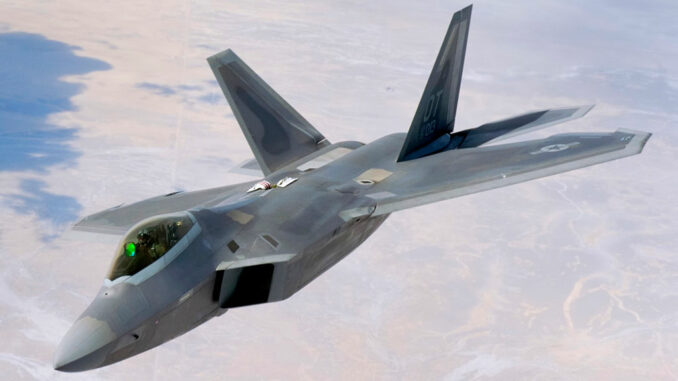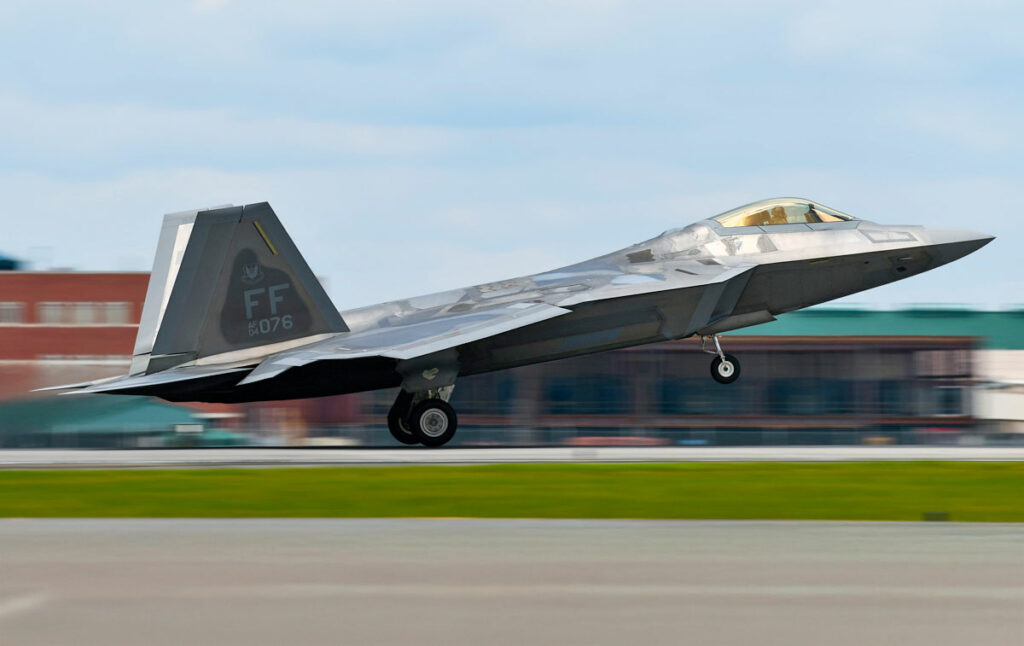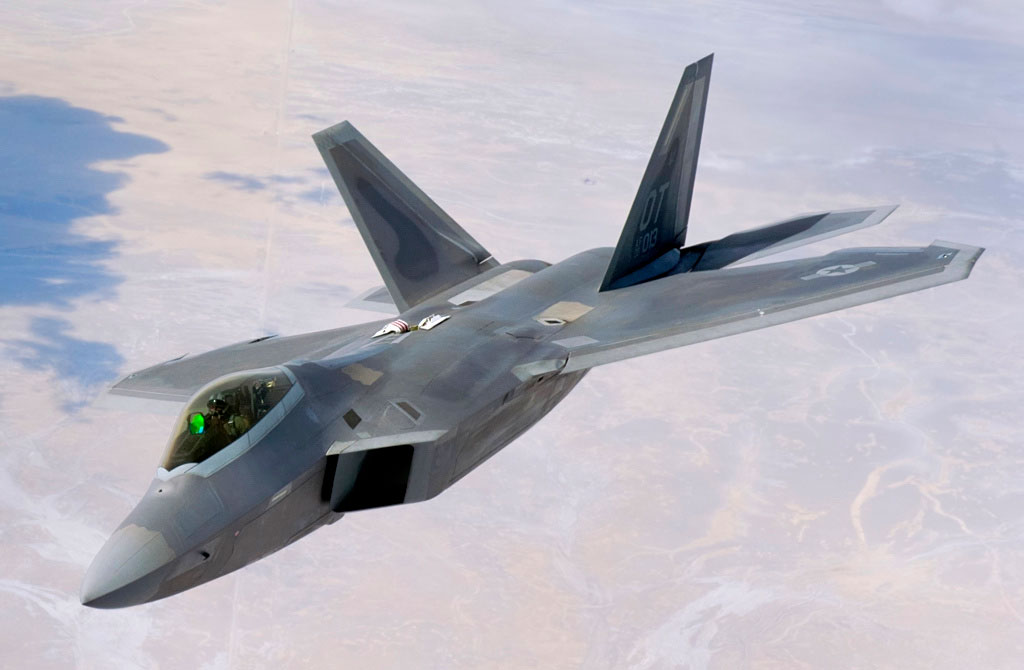
Explore how the USA’s control of fighter jet parts could impact European defence and strategic autonomy. Learn risks and mitigation strategies here.
The intricate global defence network is witnessing a key shift in dynamics, as nations increasingly depend on advanced technologies for military operations. European defence considerations are particularly influenced by alliances, mutual dependencies, and reliance on critical imports. Among these dependencies, fighter jet parts and drones from the United States play a pivotal role.
This prompts an important question for analysts and enthusiasts alike—could the USA effectively reduce European defence capabilities by restricting the supply of critical fighter jet parts for assets like the F-22, F-35, or even drones that European countries now rely upon? And if so, what risks would this pose, and how could Europe mitigate them?
This article explores the depth of this defence dependency, possible strategies, and what’s at stake.

US Fighter Jet Parts and European Defence Dependence
The F-22 Raptor and F-35 Lightning II are widely regarded as some of the most advanced multi-role stealth fighter jets globally. These jets represent a technological masterpiece, offering unparalleled performance in modern warfare scenarios. Not surprisingly, many European nations have incorporated these aircraft into their military fleets, alongside unmanned US drones.
The issue, however, lies in the fact that maintaining these assets requires a consistent supply of spare parts and technical support, both predominantly controlled by US entities. Whether it’s avionics, aerostructures, or intelligent systems, a significant portion of replacement and maintenance operations for these jets originates from the United States.
This dependency raises a critical vulnerability for European defence systems. A hypothetical embargo on fighter jet parts by the USA could disrupt fleet operations and weaken national defence systems.
Could the USA Leverage Its Control to Reduce European Defence?
The short answer is yes, but there are deeper nuances to consider. The control over fighter jet parts presents a theoretical chokepoint that the United States could leverage if relations between the US and Europe soured. Here’s how this could hypothetically result in reduced European defence:
- Grounding Fleet Operations
Without continued access to spare parts, scheduled maintenance for fighter jets would halt. These highly sophisticated machines require consistent upkeep, meaning grounded fleets could quickly turn into a reality. - Technological Dependency
The dependency on US-made drones, sensors, and weapon systems amplifies the risks for European militaries. A sudden embargo could render these technologies inoperable due to a lack of updates, parts, or repairs. - Diplomatic Power Play
While diplomacy is a balancing act, control over critical defence components ensures the US retains significant leverage in Europe. This influence could be used to drive favourable outcomes in political negotiations or military alliances, especially through NATO frameworks. - Economic Ramifications
The cost of operational gaps directly impacts budgets as European states scramble for alternatives. This financial strain could lead to scaled-down defence budgets or project delays, indirectly reducing the overall defence capacity.
Despite these possibilities, it’s essential to acknowledge that the USA has strong defence ties with Europe fostered through NATO. An embargo would significantly damage trust and established partnerships, making it a last-resort measure rather than a routine strategy.
Risks of Fighter Jet Parts Dependency on US Supply
From a European standpoint, reliance on a single supplier—even one as historically supportive as the United States—poses undeniable risks, including:
- Disruption During Political Tensions
Political rifts, such as disagreements over sanctions, conflicts, or international legislation, could pave the way for supply disruptions. - Operational Vulnerability
European forces that could have supported allied nations globally may find their abilities curtailed due to inoperable fleets. This weakens alliances and compromises collective readiness during emergencies. - Loss of Strategic Autonomy
Strategic autonomy, a core goal for European defence policy, is severely hampered by an over-reliance on external suppliers like the USA. Without independence, Europe risks its ability to make unbiased defence decisions.
How Can Europe Mitigate These Risks?
While the dependency on US fighter jet parts is a clear challenge, Europe can take significant steps to strengthen its strategic autonomy and mitigate these risks.
- Increase Investments in Domestic Defence Manufacturing
European nations could bolster their domestic defence industries, focusing on producing parts for vital assets like fighter jets and drones. This would reduce import dependencies and enhance local technical expertise. Programmes like the Eurofighter Typhoon, which already incorporates pan-European engineering collaborations, could expand in scope. - Diversify the Supplier Base
Relying on a single country for critical defence systems is inherently risky. Europe should explore collaboration with alternative partners, including nations in Asia or other allied regions, to source high-tech components or entire fleets. - Leverage Joint Ventures
The European Union could establish joint ventures for the development of fighter jets, drones, and other essential systems. The French-German-Spanish Future Combat Air System (FCAS) is an excellent example of how Europe can collaborate on designing and manufacturing homegrown solutions. - Strengthen R&D Investments
Europe must heavily invest in research and development to innovate in military aviation and robotics. This will not only reduce dependency but also establish Europe as a global leader in advanced defence technologies. - Stockpile Spare Parts
Short-term risks can be mitigated by ensuring adequate stockpiles of spare parts for critical defence systems. While not a permanent solution, this strategy provides a buffer against unexpected disruptions. - Enhance Policy Coordination
Aligning defence procurement strategies among European nations ensures collective bargaining strength when negotiating with suppliers outside Europe. This unified approach could reduce costs and improve security of supply.

Final Thoughts on US-Europe Defence Relations
The possibility of the USA leveraging fighter jet parts to influence European defence remains a theoretical, albeit unlikely scenario. However, the dependency highlights the vulnerabilities present in Europe’s defence framework and the need for strategic autonomy.
By investing in domestic manufacturing, diversifying partners, and fostering innovation, European nations can better protect their military operations against potential risks. Aligning efforts through partnerships and shared values between the US and Europe remains pivotal for maintaining a strong and robust defence alliance in the face of global challenges.
It is imperative for defence analysts, industry leaders, and policymakers to remain vigilant and proactive in navigating this complex but crucial relationship.
War Wings Daily is an independant magazine.